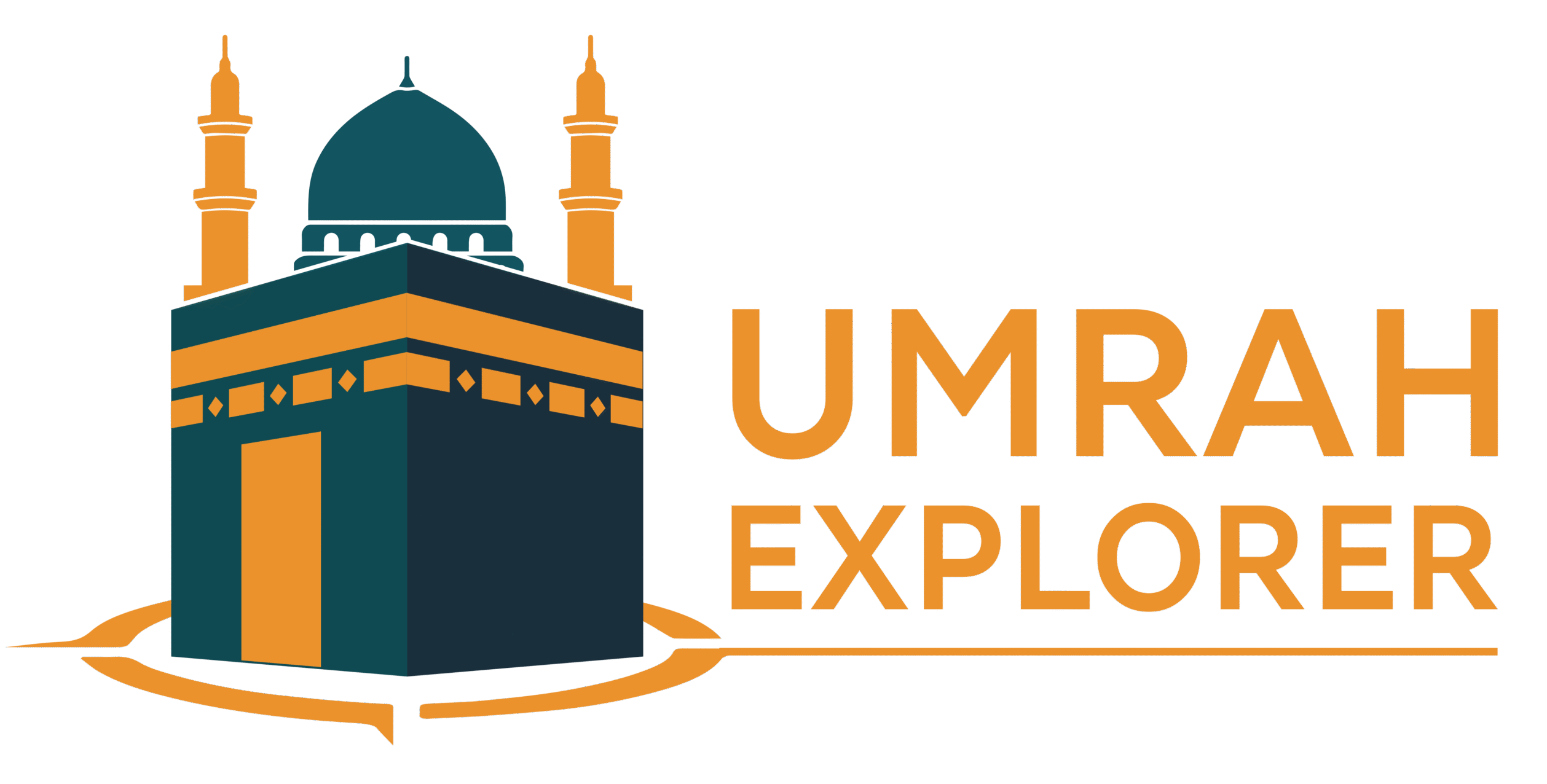Our common FAQ'S
- Home
- /
- FAQ'S
Common FAQs
FAQs

The information contained herein is intended solely for general informational and educational purposes and does not constitute legal, medical, or travel advice. All visa regulations, entry requirements, and public health policies are subject to change at the discretion of the Kingdom of Saudi Arabia and other relevant authorities without prior notice. Users are strongly advised to consult with licensed travel professionals, consulates, or official government sources to obtain the most current and accurate information prior to making any travel arrangements.
No liability is assumed for reliance on the information provided.
What is the difference between Hajj and Umrah?
Hajj is a major pilgrimage that is obligatory once in a lifetime for every Muslim who is physically and financially capable. It takes place only during the Islamic month of Dhul Hijjah and involves a series of rituals over several days. Umrah, on the other hand, is a non-obligatory pilgrimage that can be performed any time of the year and involves fewer, simpler rituals.
Do I need a visa to perform Hajj or Umrah?
Yes, a visa is required for both. For Umrah, U.S. citizens can apply for an eVisa online or through licensed travel agents. Hajj visas are only issued through authorized agents during a specific time period and are limited based on each country’s quota system.
What vaccinations are required for Hajj and Umrah (for travelers from the USA)?
Travelers from the USA must have proof of the meningococcal ACWY vaccine, taken within the past 5 years and at least 10 days before arrival. Seasonal flu vaccine is also recommended. Depending on current health advisories, COVID-19 vaccination may be required as well. It’s best to consult a travel clinic before departure.
How can I book my Hajj or Umrah package?
You can book your package through licensed Hajj and Umrah travel agents. For Umrah, you may also book packages online that include visa processing, flights, hotel stays, and ground transportation. Be sure to choose a reputable agency and verify what’s included in your package.
What is the best time to perform Umrah?
The best time to perform Umrah is between October and April when the weather in Saudi Arabia is cooler and more comfortable. Performing Umrah during Ramadan is spiritually rewarding but very crowded. Avoid the Hajj season (early to mid-Dhul Hijjah), as Umrah visas are often restricted and accommodations are limited.
Can I perform Umrah with my family?
Yes, Umrah can be performed with your family, including children and elderly parents. Many travel agencies offer family-friendly packages with amenities like larger hotel rooms, nearby accommodations, and transport arrangements suitable for group travel.
How long does it take to complete Hajj or Umrah?
Umrah can typically be completed in 4 to 6 hours, depending on crowd levels and individual pace. Hajj takes about 5 to 6 days to complete, with rituals spread across different days and locations such as Mina, Arafat, and Muzdalifah.
What rituals are performed during Hajj?
Hajj includes several rituals: entering Ihram, Tawaf (circling the Kaaba), Sa’i (walking between Safa and Marwa), standing at Arafat, staying at Muzdalifah, stoning the Jamarat (symbolic pillars), animal sacrifice, shaving or trimming hair, and Tawaf al-Ifadah. These rituals are performed in a specific sequence during the designated days of Hajj.
What rituals are performed during Umrah?
Umrah includes four main steps: entering Ihram, performing Tawaf around the Kaaba, doing Sa’i between Safa and Marwa, and ending with shaving or trimming the hair. These rituals are usually completed within a few hours.
Is there a dress code for Hajj and Umrah?
Yes. Men must wear two unstitched white garments (Ihram), while women wear modest, loose clothing and a headscarf. Women may not cover their faces during Ihram. Perfumes, scented soaps, and stitched garments for men are not allowed during the state of Ihram.
What is included in a typical Umrah package?
Most Umrah packages include visa processing, round-trip flights, hotel accommodations in Makkah and Madinah, ground transportation, and sometimes guided religious tours (Ziyarat). Package options vary based on hotel class, proximity to Haram, and season.
Can I perform multiple Umrahs on one trip?
Yes, multiple Umrahs can be performed during a single trip. To do so, you must leave the Haram boundary (usually by visiting Masjid Aisha), enter Ihram again, and re-perform the rituals with a new intention.
Is a guide provided during Umrah?
Some packages include a religious guide or group leader, especially for first-time pilgrims. A guide can assist with the rituals, travel logistics, and provide spiritual insights. Many people also use mobile apps or printed guides for self-guided Umrah.
Are wheelchairs or mobility services available for elderly pilgrims?
Yes, wheelchairs and electric scooters are available at Masjid al-Haram and Masjid an-Nabawi. Pilgrims can rent them on-site or bring their own. Some hotels and travel packages also include mobility assistance services.
Can I use my Umrah visa for tourism in Saudi Arabia?
Yes, many Umrah visas, especially the new eVisas, allow you to explore other cities in Saudi Arabia like Jeddah, Riyadh, or AlUla, as long as your visa is valid. Always check your visa conditions before traveling.
What are the rules for women traveling for Umrah?
Women over 18 can now travel for Umrah without a Mahram if they are part of a registered group and hold a valid visa. Women under 18 still require a guardian. Travelers should follow modest dress codes and cultural norms.
Can I extend my stay after performing Umrah?
It depends on the type of visa. Tourist and Umrah eVisas can allow stays of up to 90 days, while traditional Umrah visas may have shorter durations. Check your visa’s expiration and exit the country before it expires to avoid penalties.
What are the cancellation and refund policies?
Policies vary by travel agency. Most Umrah packages are non-refundable once the visa is issued and bookings are confirmed. Some agencies may offer partial refunds or rescheduling options for a fee. Always review the cancellation policy before booking.
Can I bring children or infants for Umrah?
Yes, children and infants are allowed. Many families bring young ones, especially during school breaks. Make sure to carry necessary documents, vaccinations, and child-care essentials. Some hotels and packages are designed to accommodate families.
Can a female traveling alone perform Umrah?
Yes, women aged 18 or older can now perform Umrah without a Mahram if they travel with an organized group or have a valid tourist or Umrah visa. Women under 18 still require a guardian. While this is legally allowed, many still prefer to travel with family or in a group for added ease and comfort.
We hope this FAQ section has helped clarify your questions and guide your spiritual journey toward Umrah and Hajj. At Umrah Explorer, our mission is to make your pilgrimage as smooth, meaningful, and worry-free as possible. Whether you’re a first-time pilgrim or returning for another blessed visit, we’re here to support every step of your sacred experience. If you have further questions or need personalized assistance, don’t hesitate to contact our expert team —we’re honored to serve you. May your journey be accepted and filled with blessings.

